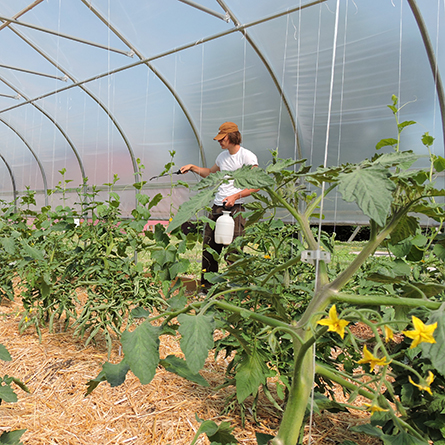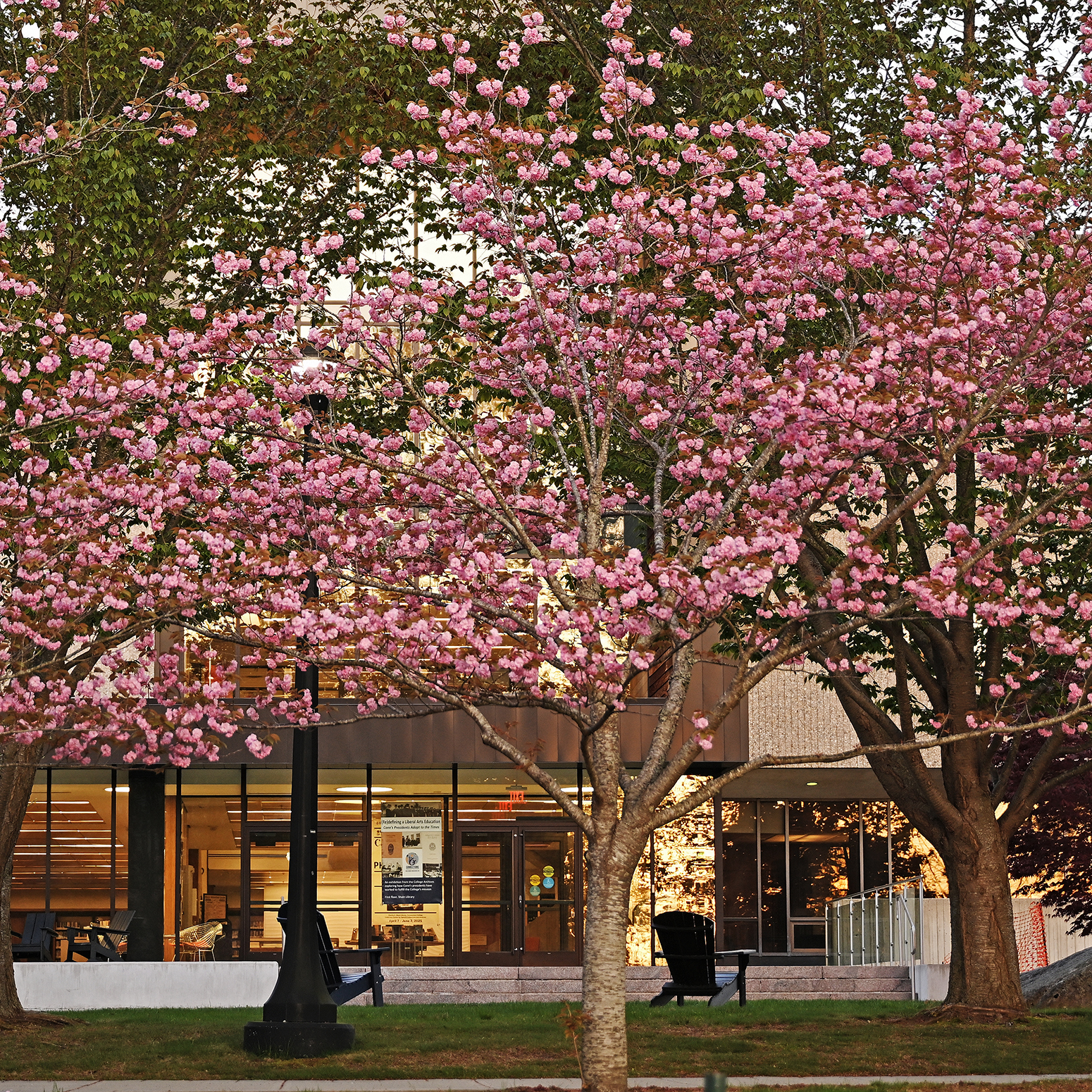
Urban agriculture
Days after the federal government announced that food prices nationally had increased in April for the 17th month in a row, there was a herald of good news in New London: Connecticut College’s 91-year-old Arboretum won a $19,800 award that it will share with FRESH New London, an 18-year-old community farm and food justice organization, to promote urban agriculture.
It is one of 24 collaborations between public gardens and community partners across 19 states receiving $440,800 in funds from the 2022 Urban Agriculture Resilience Program Awards, a program of the United States Botanic Garden and the American Public Gardens Association.
Conn’s award will be utilized by FRESH and by Sprout Garden, Conn’s student-run, organic farm that is part of the Arboretum. Sprout, which occupies a half-acre on the center of campus, enables students to practice gardening and small-scale agriculture.
The upshot is more money to pay student interns and cover some FRESH overhead to help produce healthy food for needy families.
Sprout’s partnership with FRESH began in 2019, says Eric Vukicevich, a visiting assistant professor of botany specializing in sustainable agriculture and Goodwin visiting scholar in botany, who leads Sprout. “What we originally planned, as a way for young people to connect and learn about sustainable agriculture and growing food and supporting their community, turned out to be something even more important in that time, since a lot of people, during that first year of COVID, had food-access issues even more so than they already were in New London,” he said.
Some families pay market rates for the food and others pay on a sliding scale. Forty types of crops are grown, chosen in part based on what residents say they want to eat.
“It’s been a good program and it was just born kind of organically out of conversation and figuring out what to do with our available resources,” Vukicevich says.
Urban agriculture, according to the U.S. Department of Agriculture, includes the cultivation, processing and distribution of agricultural products in urban and suburban areas, with community gardens, rooftop farms, and hydroponic, aeroponic and aquaponic facilities, all being examples. Sprout was founded in 2004 when a group of students and former Grounds Manager Jim Luce started growing food in the lawn outside Earth House. It relocated to the center of campus in 2012.
This is the first time Conn has won an Urban Agriculture Resilience Program award.
“To see all this work that the botanic garden community at Conn is doing, especially in food justice and food insecurity, seeing these other gardens out there, it’s nice to be counted among them; they’re our peer organizations,” said Miles S. Sax, the Charles And Sarah P. Becker ’27 Arboretum Director.

